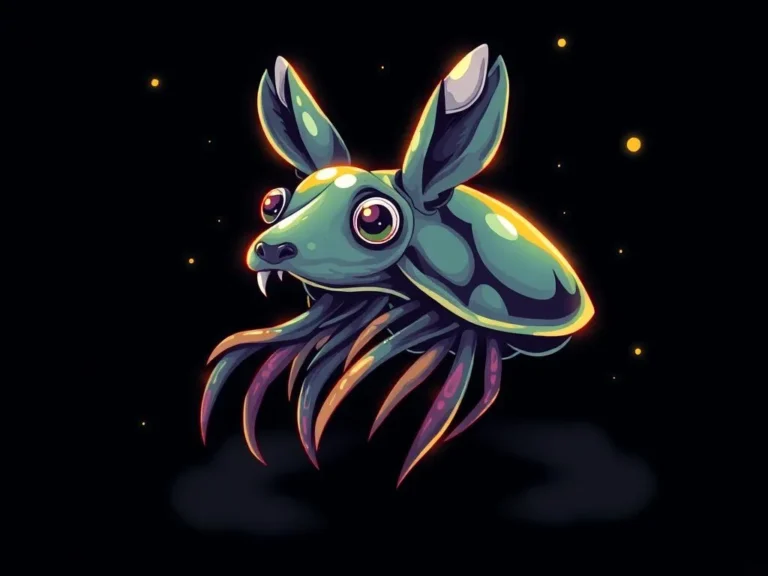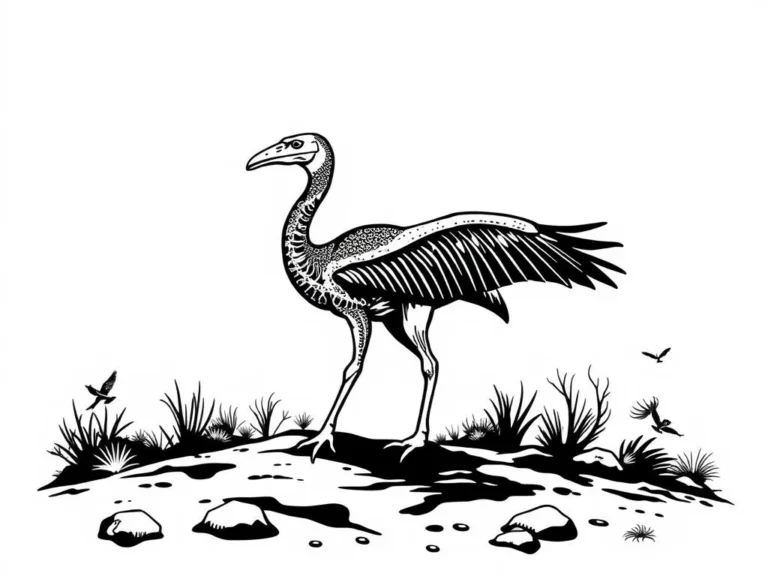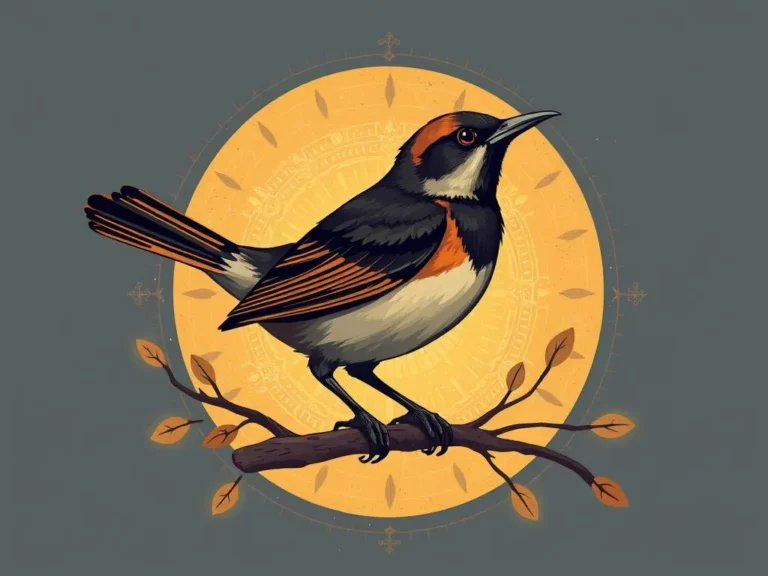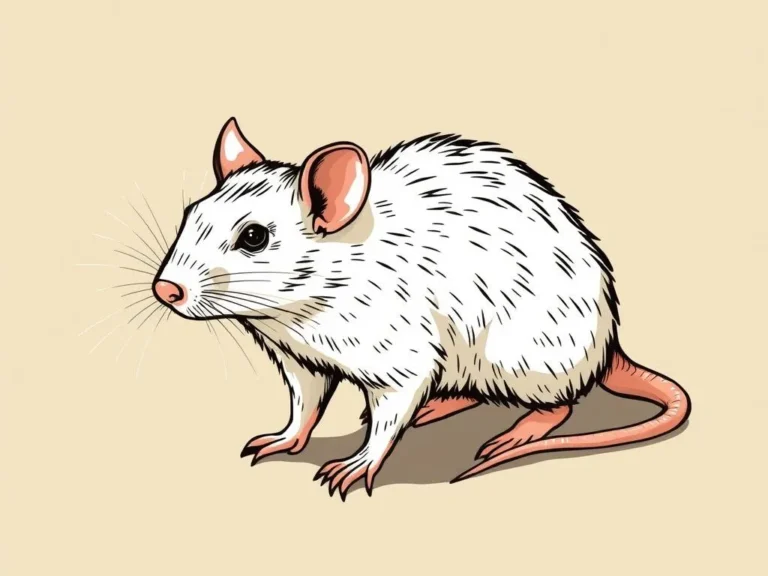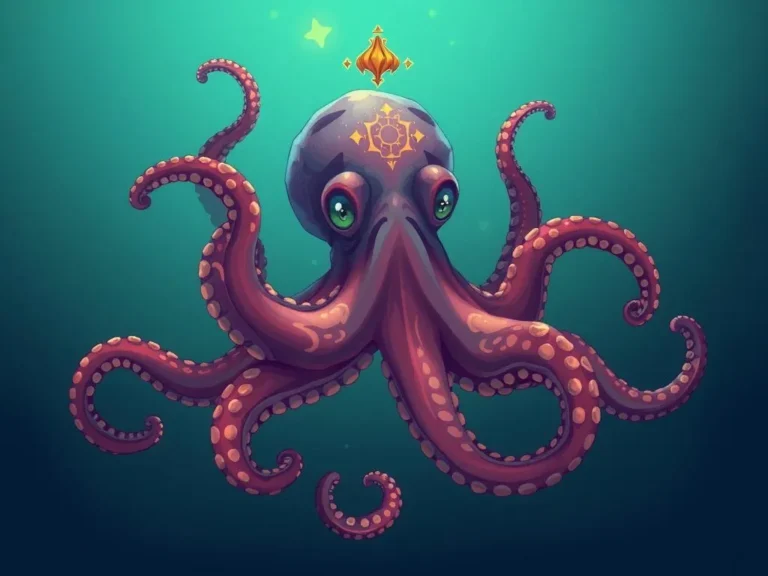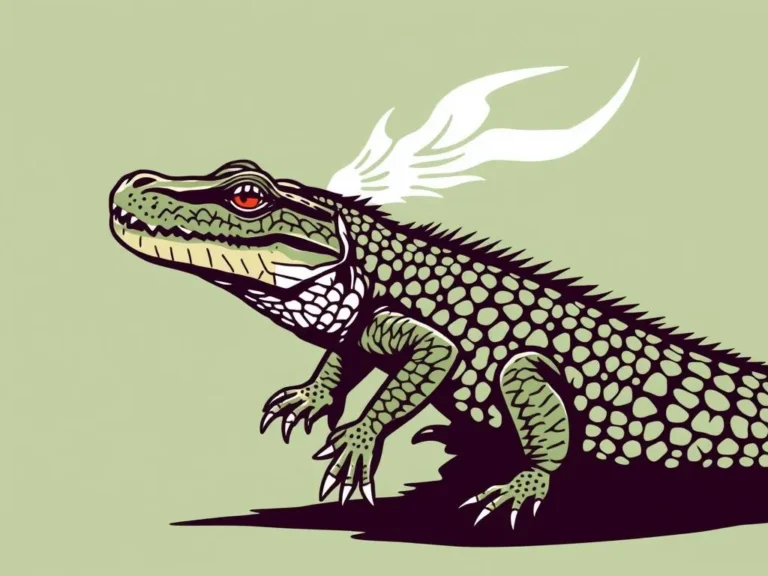Crocodylomorph Symbolism: Unraveling the Mysteries of Ancient Reptilian Archetypes

Introduction
Crocodylomorph symbolism has long captivated the human imagination, evoking a sense of primal power, resilience, and the mysteries of the natural world. These ancient reptilian archetypes have been revered, feared, and studied across various cultures and belief systems, offering insights into the complex relationship between humans and the natural order. In this article, we’ll delve into the rich symbolism and spiritual significance of these remarkable creatures, exploring how their unique characteristics and behaviors have been interpreted and incorporated into diverse traditions.
The crocodylomorph family, which includes crocodiles, alligators, caimans, and their extinct relatives, have been present on Earth for millions of years, making them living fossils that have witnessed the ebb and flow of civilizations. Their enduring presence has imbued them with a sense of timelessness and primal power, qualities that have been reflected in the mythologies and belief systems of numerous cultures around the world.
Crocodylomorph Symbolism in Ancient Civilizations
Throughout history, crocodylomorph creatures have been ascribed a range of symbolic meanings, often serving as representations of powerful deities, embodiments of creation and destruction, or guardians of sacred spaces. In ancient Egypt, for example, the crocodile-headed god Sobek was associated with the Nile River, fertility, and the power of the pharaoh, symbolizing both the life-giving and the destructive aspects of the natural world.
In Mesoamerican cultures, the crocodylomorph was often linked to water, fertility, and the underworld. The Aztec god Cipactli, a monstrous creature with the features of a crocodile, was believed to be the primordial earth monster from which the universe was created. Similarly, the Maya revered the “water monster” as a powerful deity associated with the underworld and the cyclical nature of life and death.
Crocodylomorph Symbolism in Spiritual Traditions
Beyond their presence in ancient mythologies, crocodylomorph creatures have also been incorporated into various spiritual and shamanic traditions around the world. In some belief systems, these reptiles are seen as spirit guides or animal totems, offering wisdom, strength, and protection to those who seek their guidance.
In certain African traditions, the crocodile is believed to be a symbol of the ancestors, representing the connection between the physical and spiritual realms. The Dogon people of Mali, for example, revere the crocodile as a sacred creature that embodies the cyclical nature of life and death, as well as the principle of duality that permeates their cosmology.
Similarly, in some Native American cultures, the alligator or crocodile is associated with the element of water and is seen as a guardian of the underworld or a messenger between the physical and spiritual planes. The Seminole people of Florida, for instance, have a rich tradition of crocodile symbolism, with the reptile representing strength, endurance, and the ability to navigate both the physical and metaphysical realms.
Crocodylomorph Symbolism in Modern Interpretations
In the contemporary world, the symbolic significance of crocodylomorph creatures continues to be explored and interpreted, often through the lens of Jungian archetypes and depth psychology. These ancient reptiles are sometimes seen as embodiments of primal instincts, the ability to adapt and thrive in challenging environments, and the balance between the conscious and unconscious aspects of the human psyche.
For some, the crocodile or alligator might mean a connection to the elemental power of water, the cycles of birth and death, or the need to confront and integrate one’s own shadow aspects. The crocodile’s ability to remain still and patient, waiting for the perfect moment to strike, can also be seen as a symbol of strategic thinking, discipline, and the importance of timing in one’s life journey.
Crocodylomorph Symbolism and Personal Reflection
If you feel drawn to the crocodylomorph archetype, it might be worth exploring what this connection could suggest about your own personality, life experiences, or spiritual path. Do you possess a similar resilience, adaptability, or sense of timelessness? Are you drawn to the element of water and the mysteries of the subconscious? Or perhaps the crocodile’s ability to navigate both land and water resonates with your own need to balance different aspects of your life.
Engaging in personal reflection and introspection can help you uncover the deeper meaning and personal significance of the crocodylomorph symbol in your own life. By exploring the symbolic associations and mythological narratives surrounding these ancient reptiles, you may gain valuable insights into your own strengths, challenges, and the archetypal forces that shape your experience.
Conclusion
The crocodylomorph symbolism is a rich and multifaceted tapestry, woven through the myths, spiritual traditions, and cultural narratives of diverse civilizations throughout history. These ancient reptilian archetypes continue to captivate and inspire us, offering insights into the natural world, the cycles of life and death, and the hidden depths of the human psyche.
By delving into the symbolism and spiritual significance of crocodylomorph creatures, we can gain a deeper appreciation for the interconnectedness of all life, the enduring power of ancient wisdom, and the transformative potential of embracing the primal, instinctual aspects of our own being. Whether you are drawn to these remarkable reptiles as a spirit guide, a totem, or a symbol of personal growth, the crocodylomorph can serve as a powerful catalyst for self-discovery and a deeper understanding of the mysteries that lie at the heart of the natural world.
